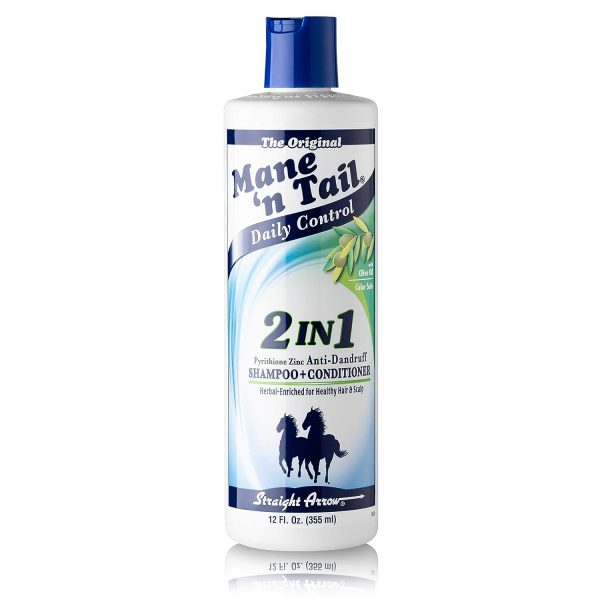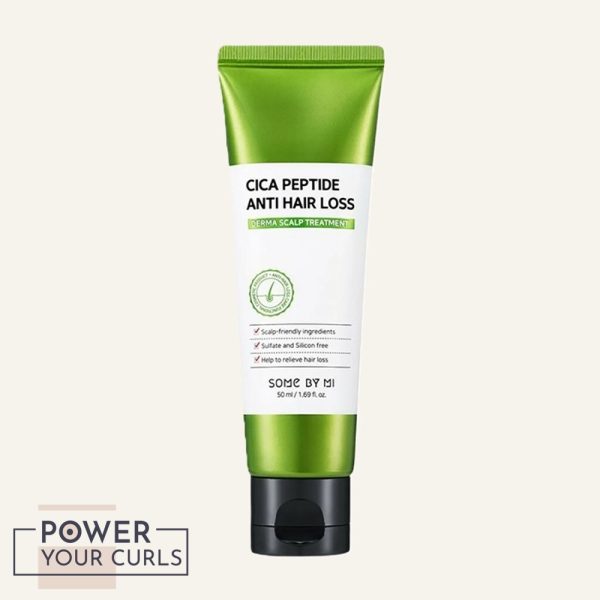If you’re scratching your head trying to figure out why you have an itchy scalp, you’re not alone. Scalp itchiness is a common annoyance that can have dozens of underlying causes.
In this article, I’ll walk you through the most likely culprits behind your flaky, inflamed, irritated scalp and provide proven home remedies and treatments to help banish that stubborn itch for good.
What Causes an Itchy Scalp?
An itchy scalp can feel like a living nightmare – that constant, tingling irritation begging to be scratched. But before you tear your hair out, it’s important to understand what causes scalp itch in the first place. Here are some of the most common offenders:
Dandruff – Those white, oily flakes are a classic sign of dandruff, an incredibly common scalp condition marked by rapid skin cell turnover. Dandruff can leave your scalp dry, irritated, and downright itchy.
Allergic Reactions – Everything from hair care products to fabrics and weather changes can trigger annoying allergic reactions. The associated inflammation and histamine release provoke infuriating scalp itchiness.
Infections – Fungal infections, lice infestations, and other critters can set up camp on your scalp, burrowing and feeding on skin cells. These infections invariably cause redness, swelling, and unrelenting itch.
As you can see, if your scalp is itchy, the culprit is often some underlying inflammatory skin condition or reaction that needs your attention.
Scalp and Skin Conditions Leading to Itchy Scalp
More often than not the reason behind your ever-itchy scalp may be a symptom of an underlying scalp or skin condition and to banish that pesky irritation for good, it helps to understand the most prevalent conditions sending scalp nerves into overdrive:
1. Seborrheic Dermatitis
This inflammation, dandruff’s angry cousin, produces a red, greasy, itchy mess on the scalp. Triggers like stress, hormones, and cold weather can exacerbate flare-ups.
2. Head Lice
While more common in kids, adult lice infestations spark maddening scalp itching and the constant urge to scratch. These parasitic insects feed on scalp blood once set up in your hair several times daily.
3. Scalp Psoriasis
Thick, silvery scales build up with alarming speed with this chronic autoimmune condition. The inflammation, plaques, and rapid skin turnover provoke some of the most torturous scalp itching out there.
4. Irritant Contact Dermatitis
Exposure to things your skin hates, from hair dye chemicals to scratchy fabrics, can cause red, flaky, and incredibly itchy skin. The scalp has no protection against these offenders.
5. Eczema
Eczema is a skin condition characterized by inflamed, compromised skin barriers. Unfortunately for scalp eczema sufferers, a defective skin barrier leaves you vulnerable to irritants, allergens, and microbes that can intensely irritate the scalp.
As you can imagine, conditions that spark skin inflammation, irritation, and sensitivity inevitably provoke bouts of infuriating scalp itch. Paying attention to triggers and patterns is crucial for relief. Speaking of which…
When to See a Doctor About Scalp Itchiness
Scalp itching and occasional dandruff are no big deal. But if those symptoms persist or you notice more troubling developments, it can be a clear sign of an underlying medical condition and seeking medical attention is your best bet. Red flag signs to make a doctor’s appointment include:
- Daily Hair loss exceeding 100 strands accompanying itchiness
- Your scalp itch occurs concurrently with new red, scaly, crusted eruptions in contiguous skin regions (neck, face, behind ears), this points to complex immunologic conditions like psoriasis, lupus, dermatomyositis, cutaneous T cell lymphoma that warrant tissue analysis and bloodwork.
- Red, inflamed skin (erythema) with silvery, white scaling (dandruff), erosion (broken skin), excoriations (scratch wounds), or thick leathery skin (lichenification) in focal or widespread scalp areas.
- If your scalp doesn’t get some relief from itching, scaling, or visible inflammation after 6 weeks of maximal application of OTC anti-dandruff shampoos +/- topical steroids.
- Immune deficiency or unexplained weight loss
Don’t downplay aggravating scalp symptoms or chalk it up to dry skin. Getting an official diagnosis of any underlying conditions allows you to proceed with effective treatment plans. You’ll also find relief knowing what you’re dealing with.
4 Tried and Tested Natural Home Remedies to Soothe an Itchy Scalp
If your scalp itch seems tied to mild dandruff, irritation, or seasonal dryness, home remedies could be your ticket to relief:
- Apple Cider Vinegar (ACV) Rinses – This kitchen staple works to balance scalp pH, fight fungal overgrowth, and gently exfoliate flaky skin and itch triggers.
- Coconut Oil Mask Treatments – Coconut oil moisturizes dry scalp skin without clogging pores. Its antimicrobial properties also combat itch-provoking fungi and bacteria.
- Tea Tree Shampoos – Tea tree oil products help blast away infection-causing microbes aggravating scalp itchiness and inflammation.
- Aloe Vera Gel – The cooling, anti-inflammatory properties of aloe vera gel can soothe red, angry skin and take the “bite” out of a scalp itch.
Those simple at-home treatments pack an anti-itch punch without irritating your sensitive skin further with harsh chemicals. I suggest giving them two weeks before exploring medicated alternatives if the scalp itch persists.
Medicated Shampoos and Treatments for Scalp Itch Relief
If your scalp itch rages on despite home remedies or stems from a more complex skin condition, specialty shampoos, and treatments are your next line of defense. These over-the-counter and prescription options can nip even severe scalp itching and accompanying symptoms in the bud.
Pyrithione zinc shampoos – This antimicrobial ingredient targets itch-inducing fungus and bacteria. It also tackles inflammation.
Coal tar shampoos – Containing concentrated coal tar, these shampoos are especially helpful against stubborn seborrheic dermatitis itch, redness, and scalp plaque buildup.
Corticosteroid solutions – For eczema, psoriasis, and serious dermatitis, topical steroid solutions fight inflammation and skin cell turnover driving difficult scalp itch.
Antifungal shampoos – Ketoconazole shampoos like Nizoral can blast away fungal populations spurring itch. They also help rebalance your troubled scalp microbiome.
Oral medications – For recurring scalp itch tied to chronic conditions like psoriasis, oral meds better address whole-body immune and inflammatory dysfunction behind symptoms.
The right medicated shampoo paired with antibiotics, steroids, or immune-modulating medications where appropriate gives you a potent one-two punch against the scalp itch.
Lifestyle Changes You Should Adopt to Prevent Scalp Itch Flare-Ups
While treatments tackle existing scalp issues, lifestyle measures help prevent recurrent irritation and itchiness moving forward:
- Improve diet – Brainstorm dietary triggers behind inflammation. Swapping allergens for anti-inflammatory foods may help. Omega-3s are scalp heroes!
- Manage stress – Easier said than done, but anxiety drives inflammation affecting hyperactive scalp skin. Meditation helps me.
- Avoid overwashing hair – Too-frequent shampooing strips essential scalp oils leading to irritation. Every other day is sufficient for most.
- Ditch damaging styles – Tight hairstyles constantly stressing and pulling scalp skin provoke symptoms. Let your hair down once in a while!
- Alternate treatments weekly – I get the best results by rotating dandruff shampoo, a tea tree soak, and ACV rinses weekly – confusion keeps fungi off balance.
- Keep scalp brush handy -Don’t underestimate the relief I’ve found gently massaging away itch with a soft scalp brush in the shower. It’s portable and above all, is cheap!
You have more control than you think over aggravating scalp issues, including frustrating itchiness. Be proactive with self-care while treating current symptoms for best results.
End of the day- being patient pays off. I know that maddeningly itchy scalp makes patience difficult. But give the lifestyle changes and suggested treatments 6 weeks before judging effectiveness. If your scalp is sensitive give it the attention it needs. and you CAN troubleshoot the unbearable itch and find an arsenal of treatments to provide relief once and for all!


